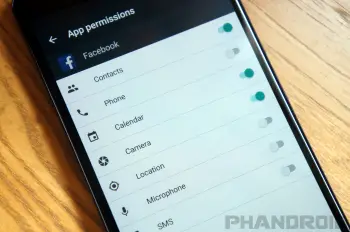
Google pauses ban on apps that use accessibility service legitimately
Early last month Google sent out an email to app developers that use accessibility services for their apps, telling them that they’re cracking down on how the permissions are used. App developers must be able to prove their app is designed to help disabled people, or face removal from the Google Play Store.
This sparked a bit of outrage from both developers and Android enthusiasts who use apps that rely on these permissions to do any number of things, from copying from apps that don’t normally allow it, turning your phone into a powerhouse of customization, expanding frequently typed text snippets with macros, and capturing a single long conversation inside of one screenshot instead of multiples.
Now developers who reached out to Google about the issue are receiving an email with some updated terms to meet, since Google understands there are legitimate apps who use these permissions for extended functionality. The email says that developers who believe they are “responsible and innovative” with their app should email Google with details for why their app needs accessibility permissions to work.
The guidelines for the apps meeting this criterion were also updated, with Google asking developers to declare to the end user exactly why each accessibility permission is needed.
In all cases, you must have a disclosure to explain why you need to observe user actions in general using the Accessibility Service API.
It sounds like Google has heard the community loud and clear and plans on making sure those apps that are still beneficial to the Android ecosystem at large get to keep using these permissions, while apps that attempt to phish these permissions out of end users will be blanket banned.